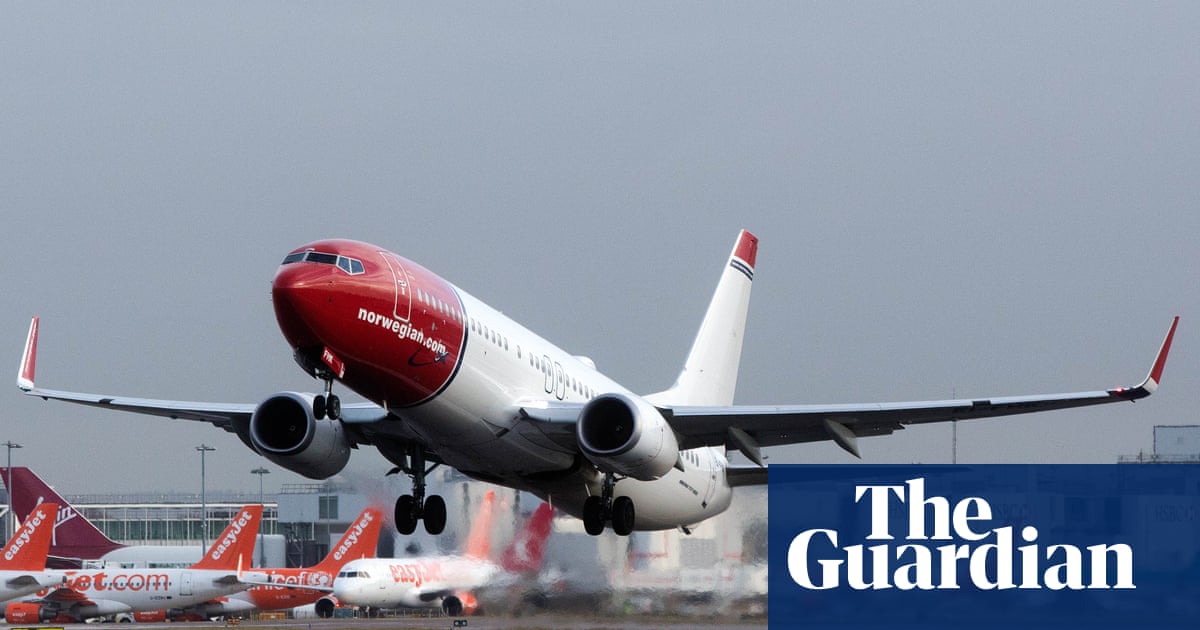Some Britons flying to Scandinavia this summer risk being turned away at the gate if they are travelling on an older passport due to the “inconsistent” application of Schengen travel rules, it has emerged.
The Guardian was contacted by a British artist who was denied boarding by the airline Norwegian because her passport was issued “more than nine years and nine months ago”. She was due to fly fromGatwick airportto Copenhagen.
The official advice from the UK and Danish governments is that Denmark followsSchengen area rules. This means a passport must be within 10 years of its date of issue on the day you enter the EU, and must also be valid for at least three months after the end of your stay.
However, the artist (who wants to remain anonymous), who was due to attend the Copenhagen international documentary festival, was denied boarding on 23 March despite holding a passport that satisfied both criteria. Its date of issue was 13 June 2015 and it is due to expire in August.
“Upon arriving at check-in, the automated system directed me to the desk,” she said. “The staff member consulted a colleague, who stated my passport was invalid because it was issued more than nine years and nine months ago. But there is no such rule. This decision demonstrates a fundamental misunderstanding of the actual entry requirements.”
“I attempted to explain this to the staff, including the manager, but was dismissively told that ‘others have complained on social media’ and that there was ‘no way’ I would be allowed intoDenmark,” she added.
Airlines are obliged to check passport validity and other travel documents to ensure compliance with destination country regulations. That is because if a passenger is turned back at the border, the airline will be penalised.
The Copenhagen police department, which is responsible for border control at the Danish capital’s airport, confirmed its position. Once a passport was nine years and nine months old from the date of issue, it was invalid, they said, adding that Schengen did not recognise extensions of 10-year passports.
Before October 2018, Britons renewing their passports could add up to nine extra months from their previous passport on to the expiry date. It is travellers in this group who are at particular risk because the validity of their passport would be assessed on the issue date alone.
A ground handler working for Norwegian at Gatwick airport recently told the Independent they were turning away“six people a day”due to the way the passport rules were being applied. The newspaper also reported that a British tourist wasdeported from Norwayin February.
The artist has lodged a formal complaint with Norwegian in an attempt to recover hundreds of pounds she spent on an emergency passport renewal and replacement flight. She had to fly to Glasgow to use the one-day service, as there were no appointments available in London that enabled her to get to Denmark before the festival ended. She then flew on to Copenhagen.
“This was a significant opportunity for me to present and pitch my films,” she said. “As a result, I missed two full days of the festival and incurred personal losses of about £700.”
Norwegian said it could not comment on individual claims, but added: “We regret the disruption to our passengers due to inconsistent interpretation of Schengen passport rules by the Nordic countries.
“As an airline, we must comply with local border control directives which are currently unclear. We have urged the authorities to provide clear, unified guidance to airlines, in order to prevent further passenger issues and avoid penalties for our company.”
The airline is awaiting guidance from police in Norway andSwedenon their position.
The Copenhagen police said that any rejected passenger had the opportunity to appeal but, to date, the country’s immigration appeals board had not overturned any of its decisions.
